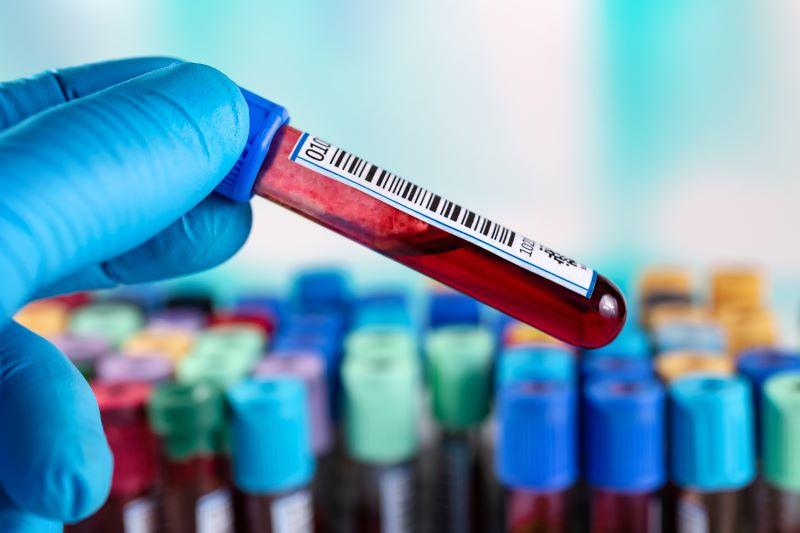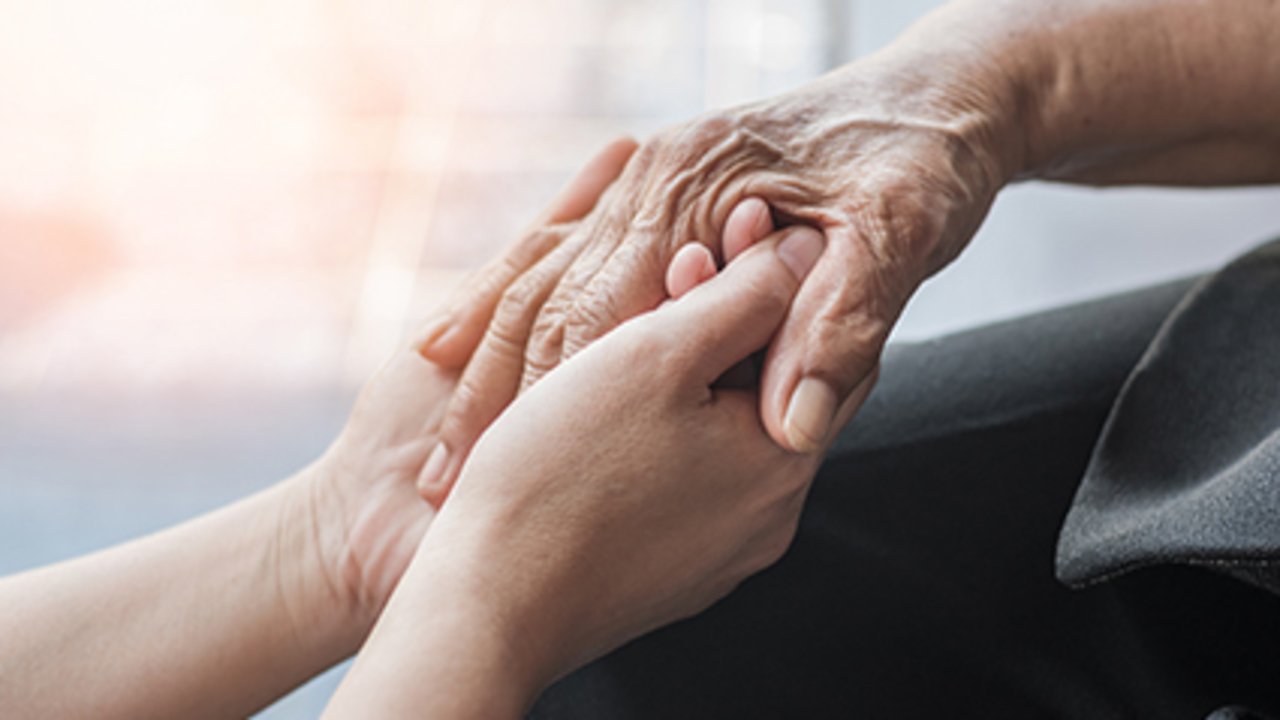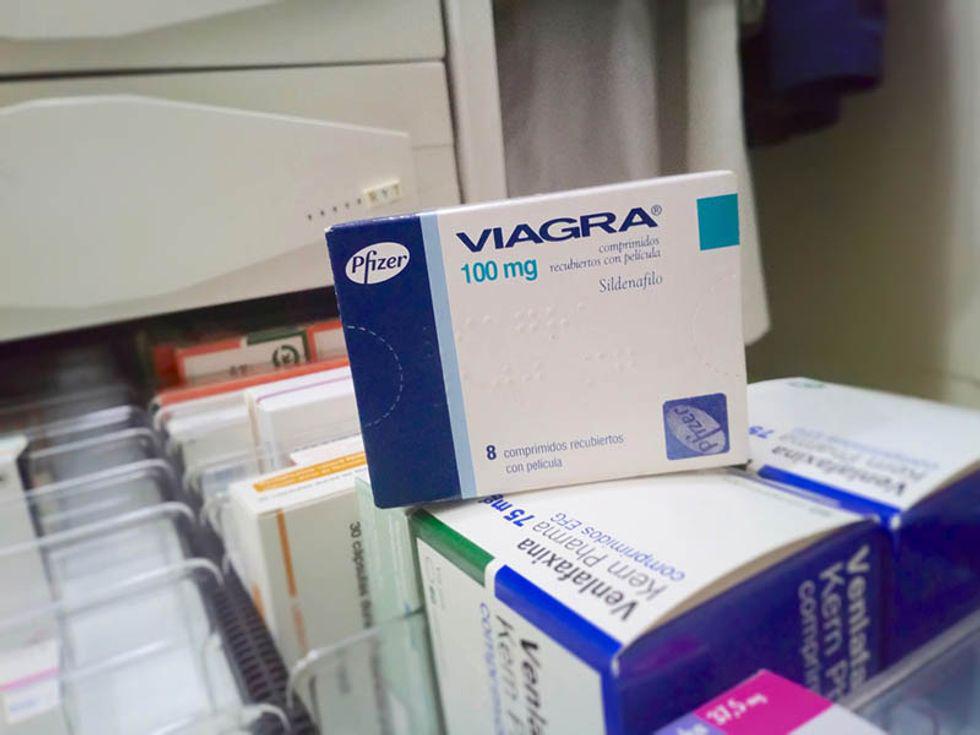
The doctor tapped at his computer, ordering a routine prostate exam for an 80-year-old man, when a dramatic yellow alert popped up on the patient’s electronic health record. “You are ordering a test that no guideline recommends,” it warned. “Screening with PSA can lead to harms from diagnostic and treatment procedures. If you proceed without… read on > read on >






























